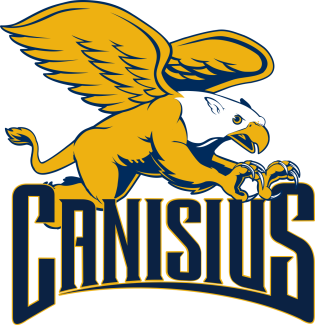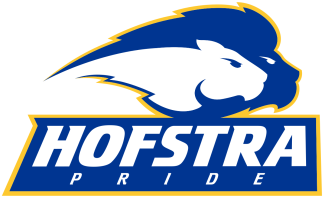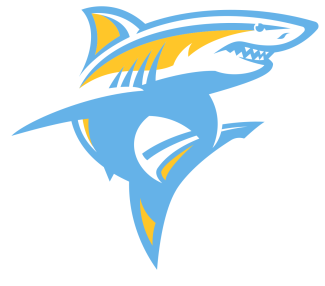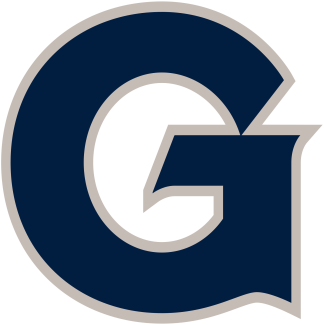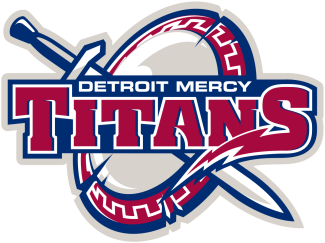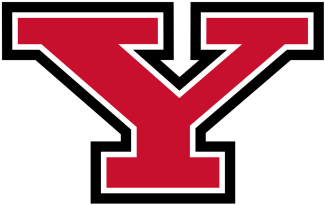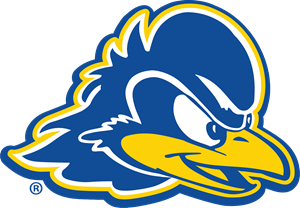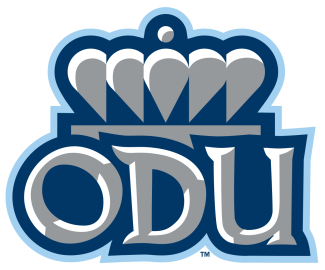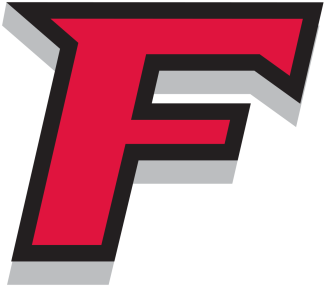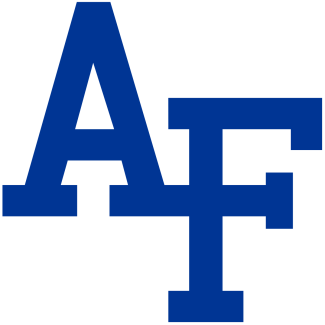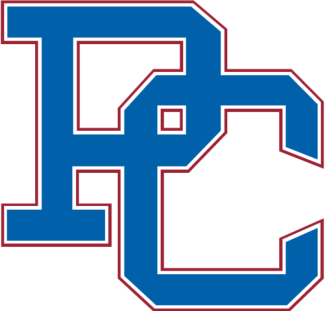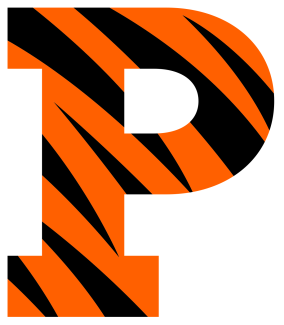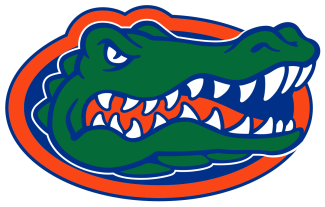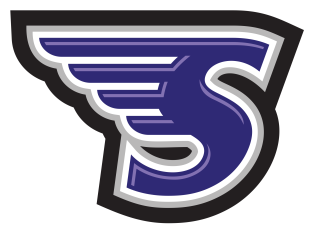Baptiste was a short and stout kid who had another nickname, “The Bus,” as a youth football fullback because of his propensity to barrel over would-be tacklers, according to his father, Leon, who played football at Cheney State. Mattes, the former Rutgers faceoff man who played five MLL seasons and now works as a coaching assistant with the NFL’s New England Patriots, worked extensively with Baptiste first, then Ragonese, a three-year MLL vet, and Gurenlian did, too. Baptiste absorbed different knowledge from each.
Two years later, late in Baptiste’s senior year of high school, when then-Denver assistant Dylan Sheridan called looking for a faceoff guy who could matriculate to DU and help them win their first national title, there was one name at the top of the list, though at the time he was lightly recruited and headed to Division III Franklin & Marshall, by no fault of his skills.
“He’s got what we call the Touch of God,” Ragonese, who as recently as this winter took faceoffs with Baptiste for one to two hours every other day for a month, said of the kid then. “When you have a character in Madden where you can jack up his stats to 99, that’s him. He’s got the hand speed, but he can run away from you. He’s good on a knee; he’s good standing. He can play offense and play defense. He’s scored more goals than a lot of second-line midfielders. There’s nothing you can train for to beat him. He’s got it. You see it maybe once every decade.”
It’s funny Ragonese should mention decade, because more than 10 years separate Gurenlian, who has become the face of his position over the past well, half-decade, and Baptiste, who’s done the same over the same period of time at the college level. Here’s some perspective: At a Team USA tryout event at US Lacrosse headquarters in Sparks, Md., last summer, the 2003 song “Hey Ya!” by OutKast blared from the Tierney Field speakers.
“I remember listening to this song in college,” said Gurenlian, a 2006 Penn State graduate.
“I was in third grade when this song came out,” Baptiste replied. “I was watching it on Nickelodeon.”
But at the end of the day, Baptiste says now, “We were both jamming out to it. That’s all that matters.”
They’ll probably be roommates in the Middle East — one the only Class of 2018 kid on the team who typically wears a smile on his face and is constantly joking, and the other a grizzled veteran who’s been through knee and shoulder injuries and can, self-admittedly, be a bit too intense in competitive situations.
“I’m most excited for that dynamic when we’re on the road,” Gurenlian says, “just being around each other and joking and laughing about stuff like that.”
The video review sessions that the pair has often engaged in by phone or computer, or the game-day text reminders (“You gotta keep your left hand on the ground”), can now be done and said in person. And during down time, while Baptiste might talk to his parents, Gurenlian might FaceTime his wife, Jenny, and son, Jackson. They are the reason he retired from MLL to have weekends off and consolidate his time away into one month during preparation for and competition in the two-week world championship in July.

PHOTOS BY MATT FURMAN, MARC PISCOTTY AND JOHN STROHSACKER
Gurenlian, the 2015 MLL MVP, retired from the league to focus exclusively on training for Team USA. Baptiste, the first faceoff specialist to be named a Tewaaraton Award finalist, is finishing a dominant four-year run at the University of Denver.
In another bedroom and down the sideline in the Mediterranean resort city of Netanya could be a similar faceoff combination in Canada’s veteran Geoff Snider and Jake Withers, who graduated from Ohio State in 2017 as that program’s leader in faceoff wins, key foils of Team USA’s gold medal hopes.
“Veterans and young bucks,” Baptiste said. “I didn’t even think about that.”
Well, Gurenlian has.
“Me and Geoff have a ton of respect for each other, and then you have the next two guys who most likely will be having more international wars for years to come,” Gurenlian says. “I don’t know if anything like this has ever happened at his level before.”
What’s more, Withers is another former Faceoff Academy student (all but two of last year’s NCAA tournament teams had at least one), and is now a coach in the program and part of its group text like everyone else. (Expect Baptiste to officially join FOA as a coach as well this summer.) And while everyone’s friendly and cordial, even those that ask Gurenlian when they can expect paychecks for teaching a recent camp, certain lines can’t be crossed in a competition year. For instance, Withers asked if he could get a resistance training band, the Rapid Explosion Performance Strap, that FOA designed to improve faceoff specialists’ speed and strength. It has sold more 400 units.
“After July,” Gurenlian replied. “I’m not going to help anyone beat Trevor until after world games.”

